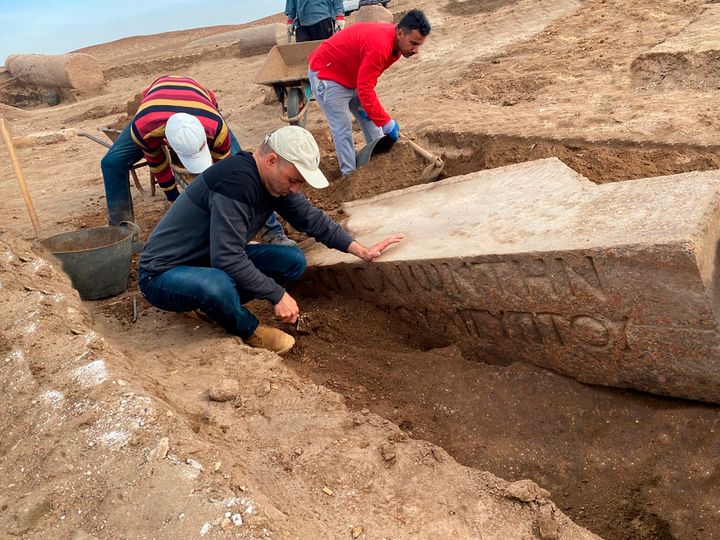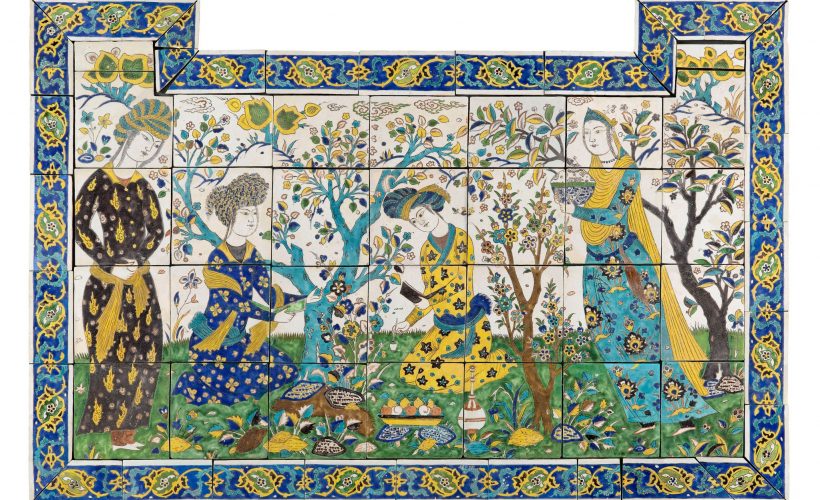History & Heritage
4.26.2022
Sinai: the ruins of an ancient temple of Zeus discovered

In Egypt, archaeological excavations will never end to surprise history lovers! This week, a temple dedicated to the ancient god Zeus has just been unearthed in the Sinai Peninsula.
Discovered on the site of Tell el-Farma, in the north-western part of the Sinai plateau, these remains bring new elements to the human occupation of ancient Egypt. Known under the ancient name of Pelusium at the end of the Pharaonic period, Sinai witnessed the Greco-Roman and Byzantine colonizations and also preserves traces of the early Islamic period.
The cult of Zeus in the Sinai
Excavations focused on the Greek imprint in Sinai began in the early twentieth century, when the Egyptologist Jean Clédat proved the existence of a temple of Zeus-Kasios buried through ancient inscriptions. Zeus-Kasios symbolizes the connection between the god of heaven in Greek mythology and Mount Kasios in Syria, whose inhabitants worshiped him.

A temple two millennia old
According to the Supreme Council of Egyptian Antiquities, archaeologists would have excavated the remains of the temple through its main door, whose two granite columns had collapsed following an earthquake. Blocks of granite that seem to resemble stairs were also unearthed. Researchers believe that inscriptions found on the ruins indicate that the Roman emperor Hadrian (117-138) would have renovated the temple.
Currently, archaeologists are gathering the elements of the excavation in the hope of being able to reconstruct a picture of what the temple looked like still standing. A case to follow for budding archaeologists!
popular

